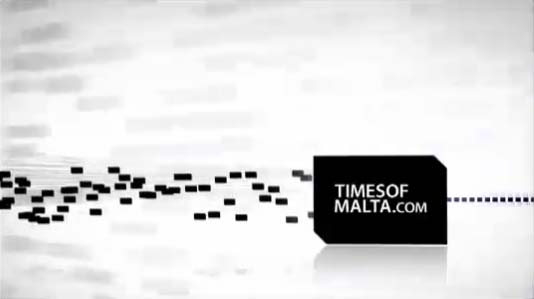The energy regulator has remained silent on the serious accusation made by economist Edward Scicluna that it failed to protect consumers in the ongoing saga regarding the new energy bills.
Published by Kurt Sansone
Prof. Scicluna accused the Malta Resources Authority of being “conspicuous by its absence” and having “no clue” what its legal obligations are. He insisted the authority failed to protect consumers.
“If tariffs are based on what the monopolist costs are, then we do not require an energy regulator. An audit firm’s exercise would be adequate,” Prof. Scicluna said.
The economist wrote in The Times on Tuesday, questioning the MRA’s priorities and its lack of competence to determine the level of tariffs that should apply in the prevailing monopolistic scenario.
Rather than commissioning an audit firm that simply audited Enemalta’s auditors, the MRA should have used the appropriate economic tools “suggested by economic literature and current practice used elsewhere in the EU”, Prof. Scicluna argued.
“If the authority does not have the necessary expertise to carry out these exercises it should state so.”
But the accusations do not seem to have perturbed the MRA. Questions sent to the authority by The Times on Tuesday remained unanswered yesterday.
Prof. Scicluna had argued that both the KPMG report commissioned by Enemalta and the Deloitte report commissioned by the MRA based their respective exercises on a number of “questionable” assumptions and unaudited financial data furnished by the corporation.
The new energy rates were drawn up by Enemalta’s auditors KPMG basing their exercise on a full recovery of the corporation’s costs. The total yearly bill to be recouped from consumers included a €24.4 million return on capital. KPMG excluded inefficiencies, calculated at €3.1 million.
The figures provided to KPMG by Enemalta were unaudited. The last time the corporation presented audited accounts was in 2005.
The Deloitte report commissioned by the MRA found the model used by KPMG to be correct but it also said that the testing and verification of the accuracy of the data provided by the corporation still had to be undertaken.
In its closing remarks, the report suggested the MRA formulate a number of policy decisions to better regulate the utility tariffs. The obvious question that arises from the report’s conclusions is: Why were these policies not adopted before the tariffs were revised in October.
The Deloitte report suggested the formulation of policy which decides whether future revisions would be based on the actual cost of fuel incurred by Enemalta or on the basis of official market prices for fuel oil and gas oil.
It also suggested that a policy decision needs to be taken on what would constitute a “fair and reasonable” return on capital.
More telling was the suggestion for the MRA to undertake a detailed review of the “most recent” financial statements of Enemalta to ensure that the costs included in the model “accurately” reflect the corporation’s current operating cost base.
The Deloitte report also argued for a policy decision to establish what should constitute normal operational inefficiencies. Until now, the level of inefficiencies is determined by Enemalta rather than the authority.
The MRA did not answer when asked whether it was comfortable with the quality of data used in both audit exercises and whether it felt the return on capital employed at 6.61 per cent, as computed by KPMG, was justified.
